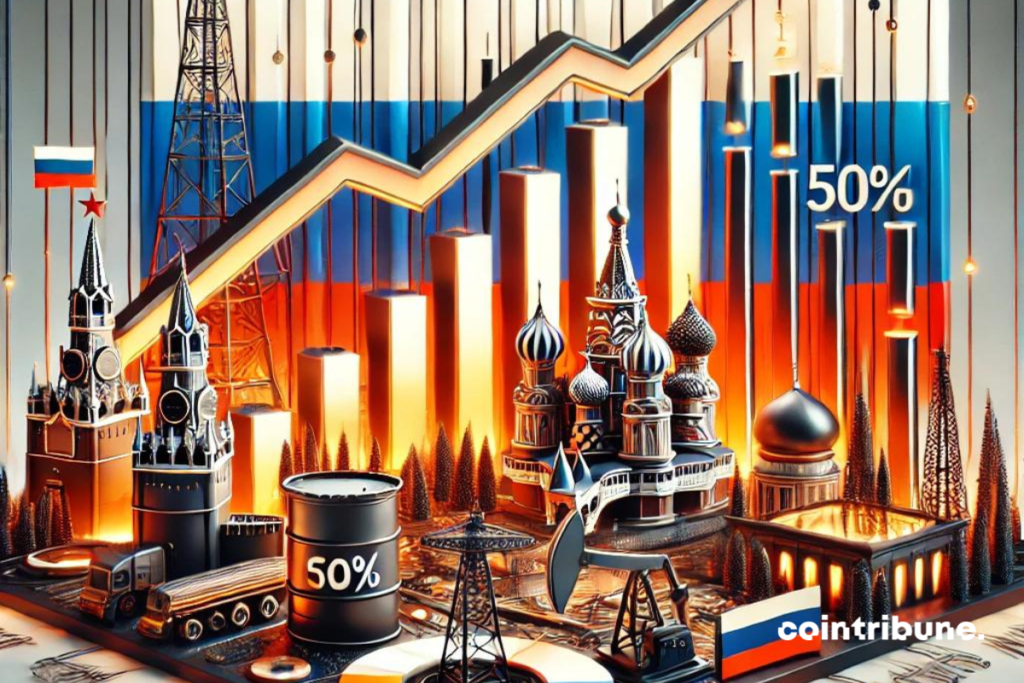Russian Oil Revenue Surges Despite Western Sanctions: What It Means for the Global Energy Landscape
Russia’s oil sector is showing surprising resilience against severe economic sanctions imposed by the United States and the European Union. In June 2024, the country’s oil and gas revenues reached a staggering $9.4 billion, a 50% increase compared to the same period last year. This exceptional rise underscores Russia’s economic adaptability and the growing significance of the BRICS bloc in the global energy market.
The Unexpected Boom in Oil Revenues
Despite multiple sanctions aimed at crippling its economy, Russia has successfully navigated these challenges to secure a significant boost in oil revenues. In contrast to the 23.9% drop in oil income in 2023, the current surge marks a remarkable turnaround. Russia’s strategy involved selling its oil at competitive prices to new and existing markets, including Europe and developing nations. This strategic move not only maintained but also expanded its customer base.
To counteract the sanctions, Russia diversified its distribution channels and offered attractive pricing. These measures have allowed Moscow to recover from initial setbacks, reinforcing trade relations and solidifying its position as a pivotal player in the global energy market.
Impacts on the Global Economy and the BRICS Bloc
The striking recovery in Russia’s oil revenues has far-reaching implications, particularly for the BRICS bloc—comprising Brazil, Russia, India, China, and South Africa. Collectively, these nations control nearly half of the world’s oil production. The economic resilience demonstrated by Russia has, in turn, bolstered the entire BRICS group, enhancing its influence on the global stage.
For instance, India secured Russian oil at reduced rates, resulting in substantial savings that stabilized its economy amidst global market fluctuations. Similarly, China increased its imports from Russia, bolstering its energy reserves and circumventing Western sanctions. This scenario has catalyzed stronger economic ties within BRICS, with members reaping the benefits of diversified and strategic trade relations cultivated by Russia.
Future Implications of Russia’s Oil Resilience
The robust recovery of Russia’s oil and gas sector could potentially shift global economic balances. As BRICS nations continue to gain from Russia’s strategic maneuvers, they collectively pose a challenge to Western economic dominance. Additionally, Russia’s investments in new oil discoveries, including potential resources in Antarctica, promise further enhancement of its production capabilities and future revenue streams.
The ongoing dynamics suggest that Western countries might need to reassess their economic and diplomatic approaches. The growing dependence of BRICS nations on Russian oil could inspire other countries to seek similar strategic alliances, potentially reshaping global energy cooperation.
Russia’s thriving oil revenue amidst stringent sanctions serves as a critical case study in economic resilience and strategic realignment. As the country and its BRICS allies continue to strengthen their positions, the global energy landscape is poised for significant transformations.
